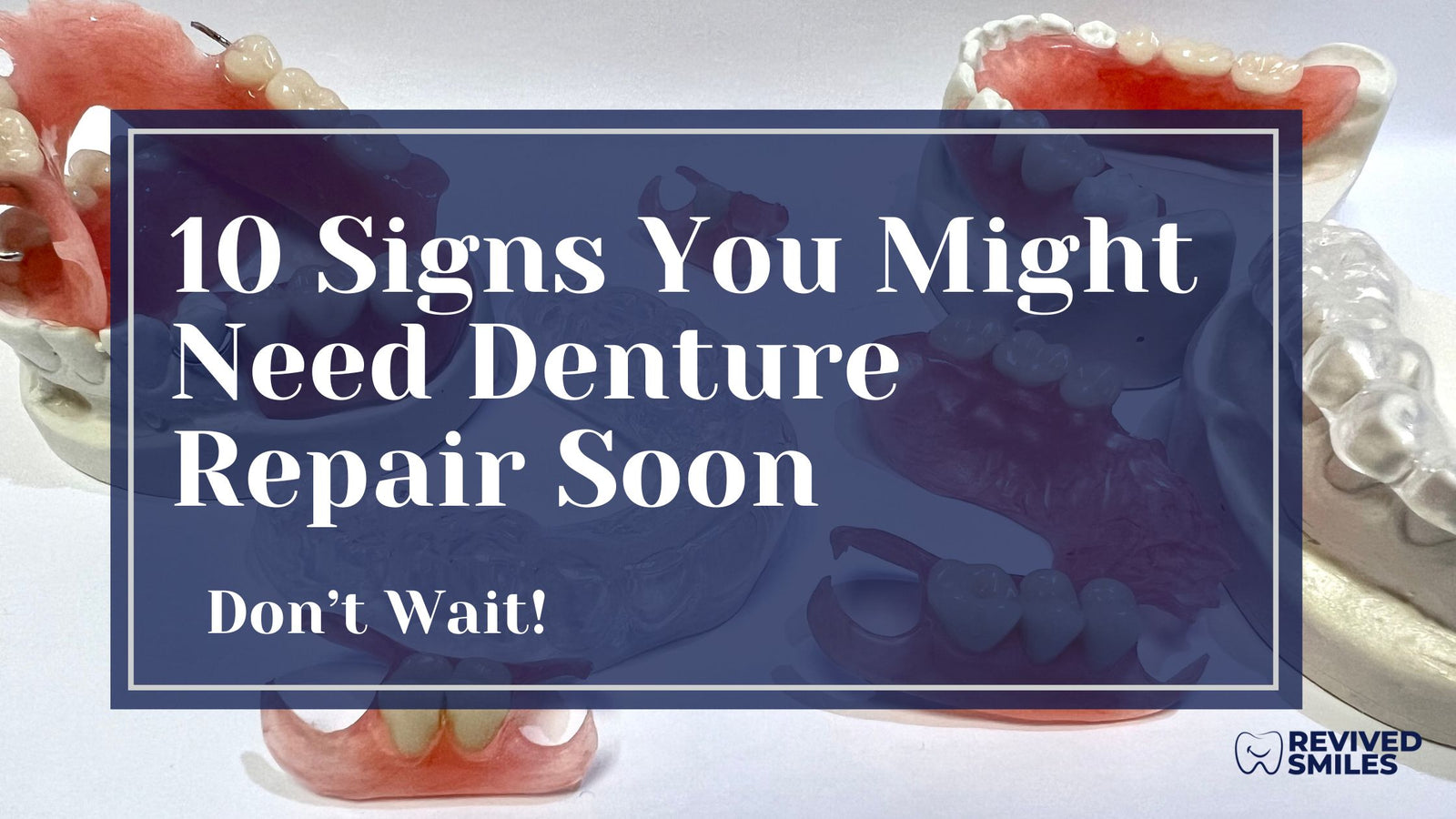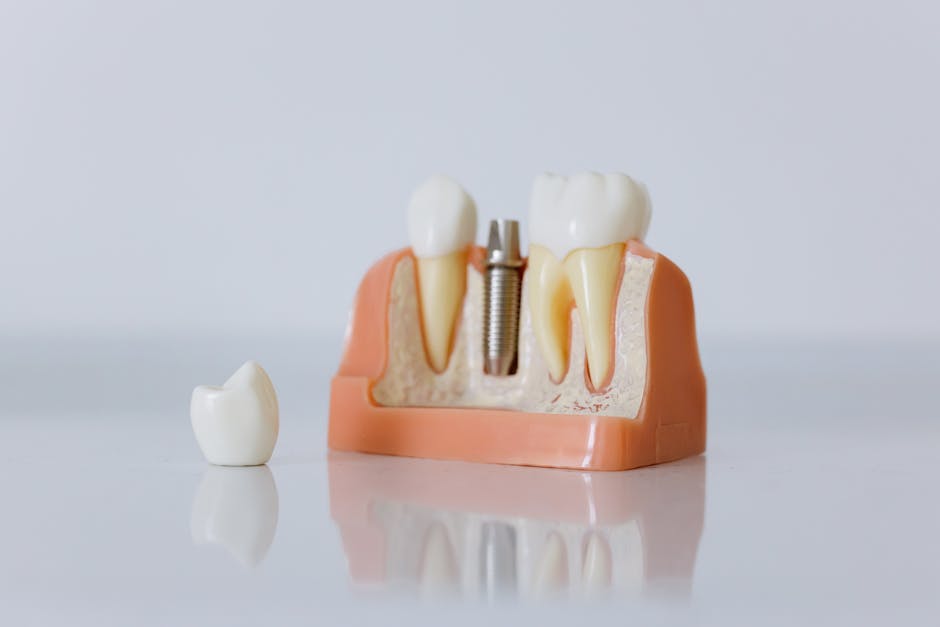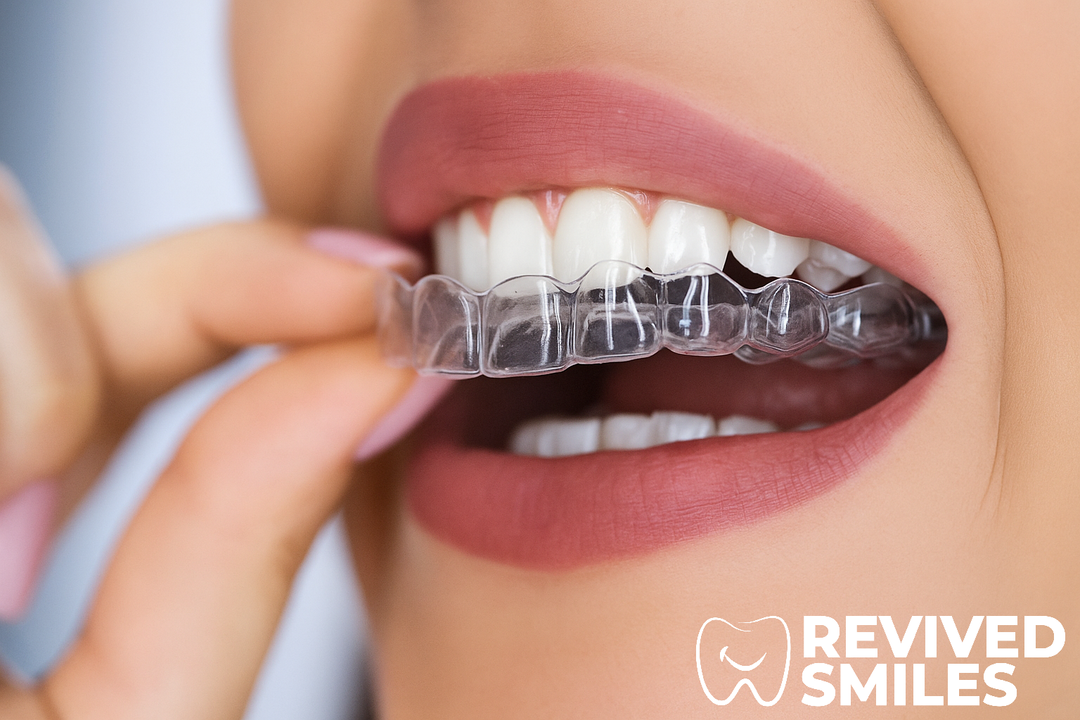10 Signs You Might Need Denture Repair Soon

Are your dentures starting to feel more like a hassle than a comfort? It may be time to consider some maintenance. Here are 10 telltale signs that could indicate you need denture repair soon.
1. Are Your Dentures Causing Discomfort?
If your once comfortable dentures have started to cause you discomfort or pain, this could be a sign that they need repair. Ill-fitting dentures can lead to sore spots, irritation, and even sores in your mouth. It’s essential to address these issues promptly to prevent further discomfort and potential damage to your oral tissues. A visit to your dentist can help identify the root cause of the problem and get your dentures back to providing a comfortable fit.
Furthermore, discomfort while eating or speaking with your dentures in place can be a clear indicator that all is not well. Dentures that slip or shift while you’re talking or chewing can be not only uncomfortable but also embarrassing. Seeking timely denture repair can help restore the functionality of your dentures and allow you to go about your daily activities with confidence.
In addition to physical discomfort, changes in your ability to chew or speak properly while wearing your dentures could signal the need for repair. If you find yourself avoiding certain foods due to difficulty chewing or experiencing speech issues that you didn’t have before, it’s essential to have your dentures assessed for any necessary adjustments or repairs.
2. Signs of Poor Denture Fit
An obvious sign that your dentures may need adjustment or repair is if they no longer fit properly. Loose dentures that move around in your mouth can cause irritation, difficulty eating, and even lead to sores. On the other hand, overly tight dentures can also be problematic, causing pain and discomfort. If you notice a change in the fit of your dentures, it’s crucial to seek professional help to address the issue before it escalates.
Another indication of poor denture fit is if you start experiencing frequent headaches or jaw pain. Misaligned dentures can put undue pressure on your jaw joints, leading to discomfort and headaches. Ignoring these signs can result in more significant issues down the line, so it’s best to have your dentures evaluated by a professional if you experience persistent pain or headaches while wearing them.
3. When Dentures Start Slipping
Have you noticed that your dentures are slipping or moving out of place more often? This can be a sign that they no longer fit correctly and may require repair. Slipping dentures not only affect your ability to eat and speak comfortably but can also impact your confidence in social situations. Don’t let loose dentures hold you back – seek professional assistance to address this issue promptly.
Moreover, if you find yourself using more adhesive than usual to keep your dentures in place, it’s time to consider getting them checked. Excessive use of adhesive can indicate that your dentures are not fitting securely, which can lead to further problems if left unresolved. By having your dentures examined by a dental professional, you can ensure a proper fit and avoid reliance on temporary solutions like adhesives.
4. The Impact of Missing Teeth
Missing teeth can affect more than just your smile – they can also impact your overall oral health. If you’ve lost a tooth or are experiencing significant wear and tear on your dentures, it’s essential to address the issue promptly. Neglecting to replace missing teeth or repair damaged dentures can result in changes to your facial structure, difficulty chewing, and even further tooth loss over time.
Not only can missing teeth affect your ability to eat and speak comfortably, but they can also lead to bone loss in your jaw, which can alter the shape of your face and cause premature aging. By seeking denture repair or replacement when necessary, you can maintain both the function and appearance of your smile for years to come.
5. Common Issues with Dentures
Several common issues can indicate that your dentures are in need of repair. These include visible damage such as cracks, chips, or breaks in the denture material. If you notice any of these signs, it’s crucial to have your dentures repaired promptly to prevent further damage and ensure their longevity.
Another common issue is discoloration or staining of the denture material, which can occur over time due to factors like smoking, certain foods, or inadequate cleaning. While regular maintenance can help prevent staining, professional cleaning and repair may be necessary to restore your dentures to their former glory.
Furthermore, changes in the way your dentures fit or feel can also be warning signs that repair is needed. Whether it’s due to changes in your jaw structure, natural wear and tear, or improper care, these issues should not be ignored. By addressing these common problems promptly, you can avoid more significant issues and extend the lifespan of your dentures.
6. Dealing with Denture Pain
Experiencing pain or discomfort while wearing your dentures is not normal and should not be ignored. Persistent pain, soreness, or irritation can be signs that your dentures need adjustment or repair. Avoiding these issues can lead to more significant discomfort and potential damage to your oral tissues, so it’s essential to seek professional help if you’re experiencing persistent pain.
Moreover, sharp or rough areas on your dentures can cause pain and sores in your mouth, making it uncomfortable to wear them. These issues can arise from normal wear and tear, improper cleaning, or changes in your oral tissues. By addressing denture pain promptly and seeking necessary repairs, you can alleviate discomfort and ensure your oral health remains in top condition.
7. Preventing Denture Damage
Preventing damage to your dentures starts with proper care and maintenance. Regular cleaning, gentle handling, and storing your dentures properly can help extend their lifespan and prevent the need for frequent repairs. Avoid using hot water, harsh chemicals, or abrasive materials when cleaning your dentures to prevent damage to the delicate materials.
Additionally, removing your dentures at night and giving your mouth a break can help prevent issues like soreness or irritation. Allowing your oral tissues to rest and rejuvenate overnight can also promote better oral health and reduce the risk of developing conditions like denture stomatitis. By taking proactive steps to prevent denture damage, you can enjoy a comfortable fit and a healthy smile for years to come.
8. Handling Loose Dentures
Dealing with loose dentures can be frustrating, especially if they interfere with your daily activities. Whether your dentures have become loose due to changes in your jaw structure, normal wear and tear, or other factors, it’s essential to address this issue promptly to prevent further discomfort or damage. Avoiding the problem can lead to more significant issues down the line, so don’t hesitate to seek professional assistance if your dentures are no longer fitting securely.
Moreover, loose dentures can impact your ability to eat, speak, and smile with confidence. Constantly adjusting your dentures or relying on adhesives to keep them in place is not a long-term solution. By consulting with your dentist and exploring options for denture repair or realignment, you can regain the comfort and security of a well-fitted denture and avoid the inconvenience of loose dentures.
9. When to Consider Denture Realignment
If you’ve noticed changes in the fit or comfort of your dentures, it may be time to consider realignment. Denture realignment involves adjusting the fit of your dentures to better match changes in your jaw structure over time. Factors like weight loss, aging, or natural changes in your oral tissues can affect the fit of your dentures and lead to discomfort or slippage.
Knowing when to consider denture realignment is essential for maintaining your overall oral health and comfort. If you’re experiencing persistent issues like sore spots, difficulty chewing, or changes in the way your dentures fit, it’s best to consult with your dentist about the possibility of realigning your dentures to ensure a proper and comfortable fit.
10. Options for Denture Repair
When it comes to denture repair, there are several options available depending on the nature and extent of the damage. Minor issues like small cracks or chipped teeth can often be repaired quickly and easily by a dental professional. However, more significant damage may require extensive repair or even replacement of your dentures.
In some cases, a simple adjustment or realignment may be all that’s needed to restore the fit and function of your dentures. At Revived Smiles, we can assess the condition of your dentures and recommend the most appropriate repair option based on your specific needs. By addressing issues promptly and choosing the right repair method, you can maintain the longevity and effectiveness of your dentures.
Moreover, regular check-ups with your dentist can help identify potential issues with your dentures before they escalate into more significant problems. By proactively addressing any signs of wear or damage, you can keep your dentures in top condition and avoid the need for costly repairs or replacements down the line.






Leave a comment